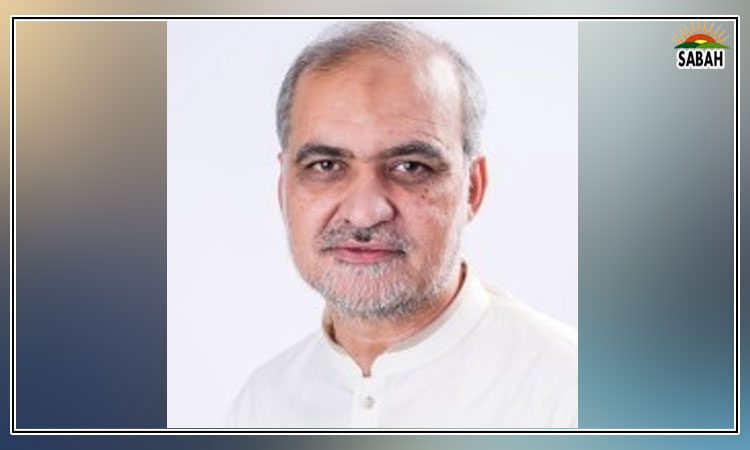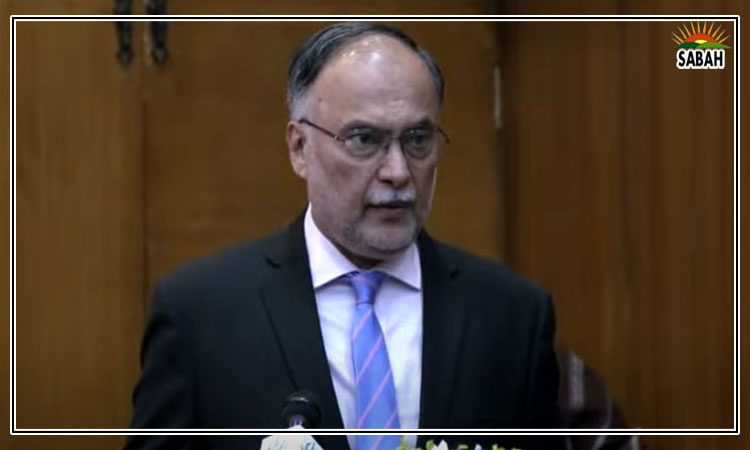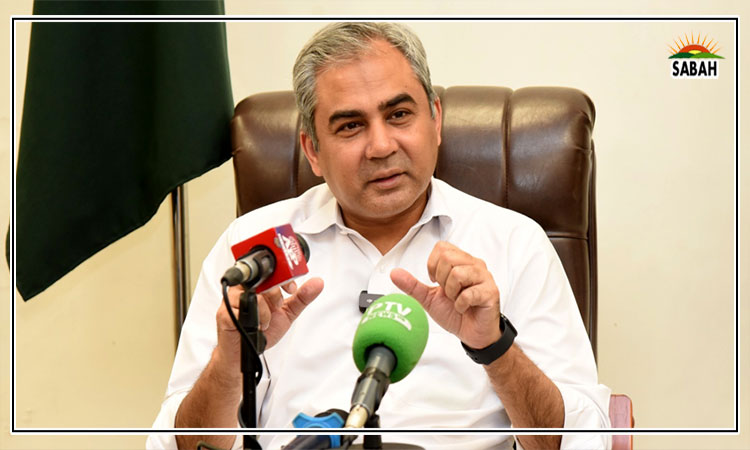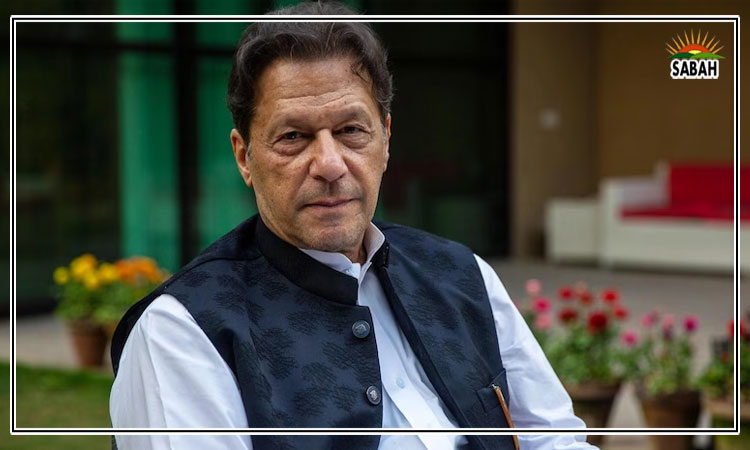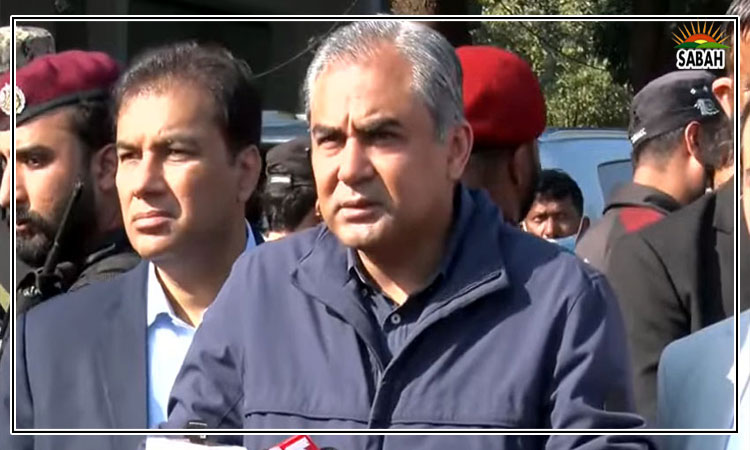Unfulfilled promises of the 18th Amendment…Mohsin Saleem Ullah
In the annals of Pakistans legislative history, the 18th Constitutional Amendment stands as a watershed moment, a pivotal shift towards decentralisation, and the promise of empowering provinces with more autonomy and financial independence.
Enacted in 2010 under a PPP-led government with support from the PML-N, the 18th Amendment aimed to devolve key subjects from the Centre to the provinces. However, today, it has become a contested battleground for the countrys two major political parties. PML-N, now claiming to take the amendment to its logical conclusion, argues that only the first phase of devolution from the Centre to provinces has been achieved. The second phase, involving further devolution from provinces to the local government level, remains incomplete. The PPP, however, views this claim with suspicion, fearing a potential rollback of the gains made. While the political stances of these parties may appear poles apart, the reality is that any changes to the amendment require a consensus between them because any constitutional amendment demands a two-thirds majority in parliament.
It has become pretty evident by now that the parliamentary form of government has fallen short of delivering the envisioned good governance. Ironically, it has been military governments that leveraged local body elections to reach the masses and the higher courts have also compelled governments in all provinces to undertake this constitutionally mandated exercise. The first serious attempt to focus on local governance came under the 1958 martial law. However, subsequent military-led governments, including Gen Ziaul Haqs from 1977 to 1988, did not complement the increased political importance of local bodies with the decentralisation of administrative functions or significant financial powers. The democratic period from 1988 to 1999 saw elected governments, but none prioritised the local government system, relying instead on provincial elites to maintain power. The next experiment with devolution occurred under Gen Pervez Musharraf, with focus on creating non-party-based local governments. However, it did not devolve power from the federal to the provincial level, reinforcing centralised rule.
The 18th Amendment devolved resources to provinces but stopped short of extending this devolution to districts or tehsils. The failure to put in place the prerequisites for parliamentary democracy has hindered the success of local governance. Firstly, members of national and provincial assemblies have no incentives for local body elections, as it would divert development funds away from them. Secondly, Chief Ministers find electoral benefit in spending funds on provincial capitals rather than addressing the needs of distant areas. Thirdly, the size of provinces has remained impractical for effective grassroots governance.
It is not surprising that the state has struggled to effectively care for its population. In 2022, the country ranked 161st out of 192 nations on the UN Human Development Index, with UNESCO reporting that 37% of school-age children in Pakistan cannot attend school. Poverty is on the rise, and Pakistan ranked 99th out of 121 countries on the 2022 Global Hunger Index. To ascend in the ranks, Pakistan must prioritise human development. The key lies in establishing a resourceful and well-functioning local government system.
For a truly effective local government system, power and resources must reach the grassroots level. Devolution of power can potentially help address inter- and intra-provincial grievances, the neglect of marginalised ethnic groups and their irredentist claims, and the problems of marginalisation and deprivation of vast segments of the population. Besides, checks and balances are also vital, requiring directly elected executives with full powers and exclusive budgetary control by elected councils.
Reforming parliamentary democracy system inherited from British India is imperative to establish an effective local government, essential for human development and positioning Pakistan positively in the global community. The unfinished tale of the 18th Amendment beckons a reconsideration of governance structures for a more inclusive and responsive political landscape.
Courtesy The Express Tribune


